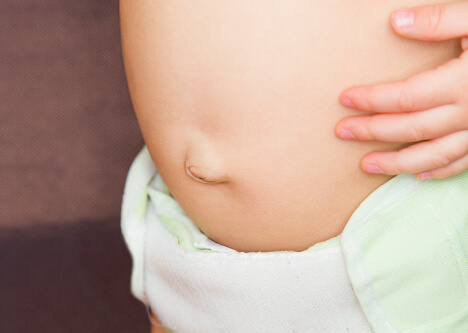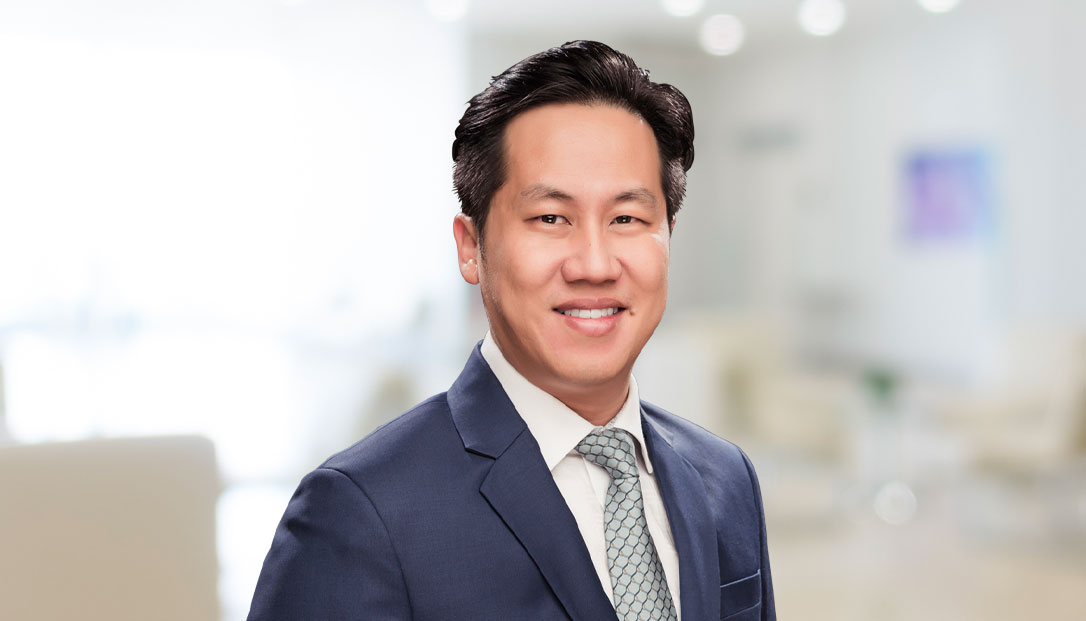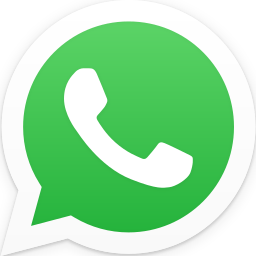An umbilical hernia, also called a paraumbilical hernia, is a visible tissue bulge or swelling around the navel or
belly button. This condition occurs when a portion of the intestine or other tissues pushes through the umbilical
ring, a small opening in the abdominal walls near the belly button.
Umbilical hernias are typically harmless and most common in newborns under six months old, often referred to as
congenital umbilical hernias. These hernias often resolve on their own when the child reaches the age of four or
five. In some cases, however, this condition can persist into adulthood due to complications with the abdominal
muscles, which require surgical repair.






